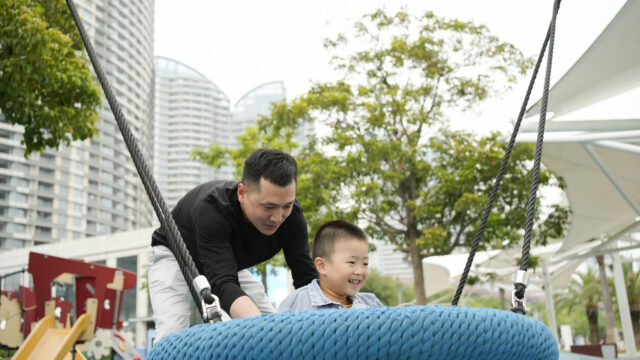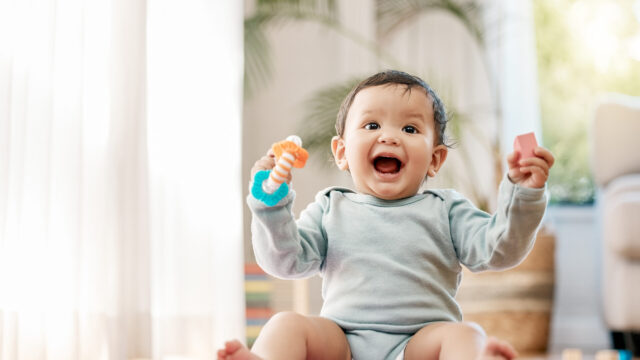News and Insights


Solutions Spotlight: How Communities Are Leading Efforts to Ensure Clean Water Access
In this conversation on the Brain Architects podcast, we explore how communities are mobilizing to address disparities in water access and climate-related threats, such as flooding. Our panelists, Kealoha Fox, PhD, Climate Change Commissioner for the City and County of Honolulu, and Dana Eness, Executive Director of the Urban Conservancy, share practical, community-driven solutions to support children’s development, health, and well-being.
Protecting Children and Caregivers During Extreme Heat
Heat waves are occurring with greater frequency and lasting longer than ever before, shaping children’s environments—and, therefore, their development—in new ways.
Our Chief Science Officer, Lindsey Burghardt, MD, MPH, FAAP, recently joined the BUILD Initiative for a discussion on how extreme heat affects early childhood development and health, and how we can prevent or minimize the effects of extreme heat on children. Dr. Burghardt appeared alongside three other panelists, who also shared strategies and perspectives as parents, urban planners, and policymakers.


Climate disasters can alter kids’ brains — before they’re even born
A new article from Grist highlights how exposure to climate-related disasters during pregnancy and early childhood can disrupt healthy brain development, with long-lasting effects on learning, behavior, and health.
Our Chief Science Officer, Lindsey Burghardt, MD, MPH, FAAP, was quoted in the piece, emphasizing that while this is a highly sensitive developmental period, it’s also a window of opportunity. With the right supports and policies in place, we can buffer the effects of climate stress and promote resilience in both children and those who care for them.
Newsletter: June 2025
This month, we’re highlighting our recent webinar focused on the new working paper, Air Quality Affects Early Childhood Development and Health, and a recent learning session on housing instability in early childhood, featuring research from Dr. Natalie Slopen. Read the full edition for all our updates and resources this month!


Subscribe for Updates
Be the first to learn about our latest news and new resources.
"*" indicates required fields